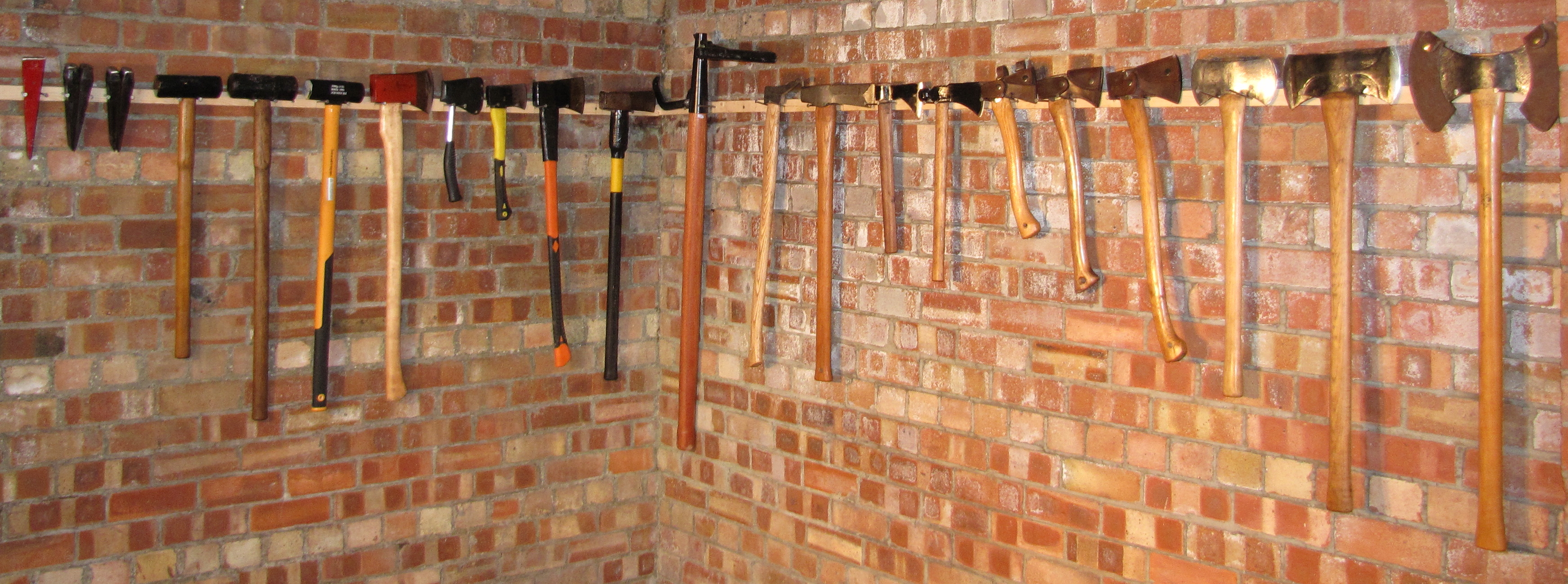My workshop space is permanently damp and all tools stored in there are prone to rust.
The scythe, sickle and billhook seem to survive ok, with a bit of cleaning.
Knives and chisels aren't too bad, just clean them up now and then.
The real problem is with saws. I have some nice hand saws and a bow saw. These rust dreadfully.
Any hints on what I can do? Coating them in wax would seem to be a bad idea, because that will transfer to the wood. Storing them in sheep fleeces? I could line the tray under the worktop in fleece (they cost under £4 here for a small fleece).
The scythe, sickle and billhook seem to survive ok, with a bit of cleaning.
Knives and chisels aren't too bad, just clean them up now and then.
The real problem is with saws. I have some nice hand saws and a bow saw. These rust dreadfully.
Any hints on what I can do? Coating them in wax would seem to be a bad idea, because that will transfer to the wood. Storing them in sheep fleeces? I could line the tray under the worktop in fleece (they cost under £4 here for a small fleece).


 . Obvs need to reapply often, especially after use or if you've crossed a river during that day (as if that ever happens........
. Obvs need to reapply often, especially after use or if you've crossed a river during that day (as if that ever happens........  )
)